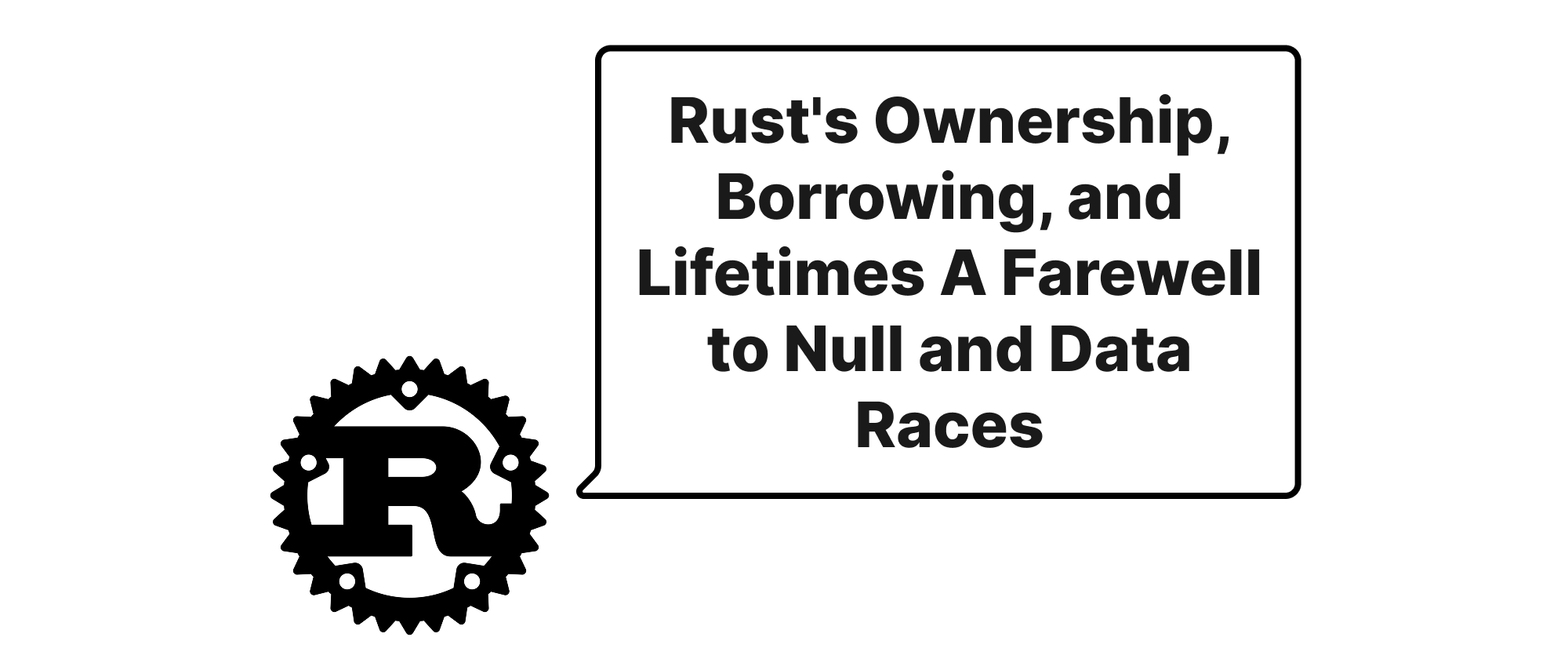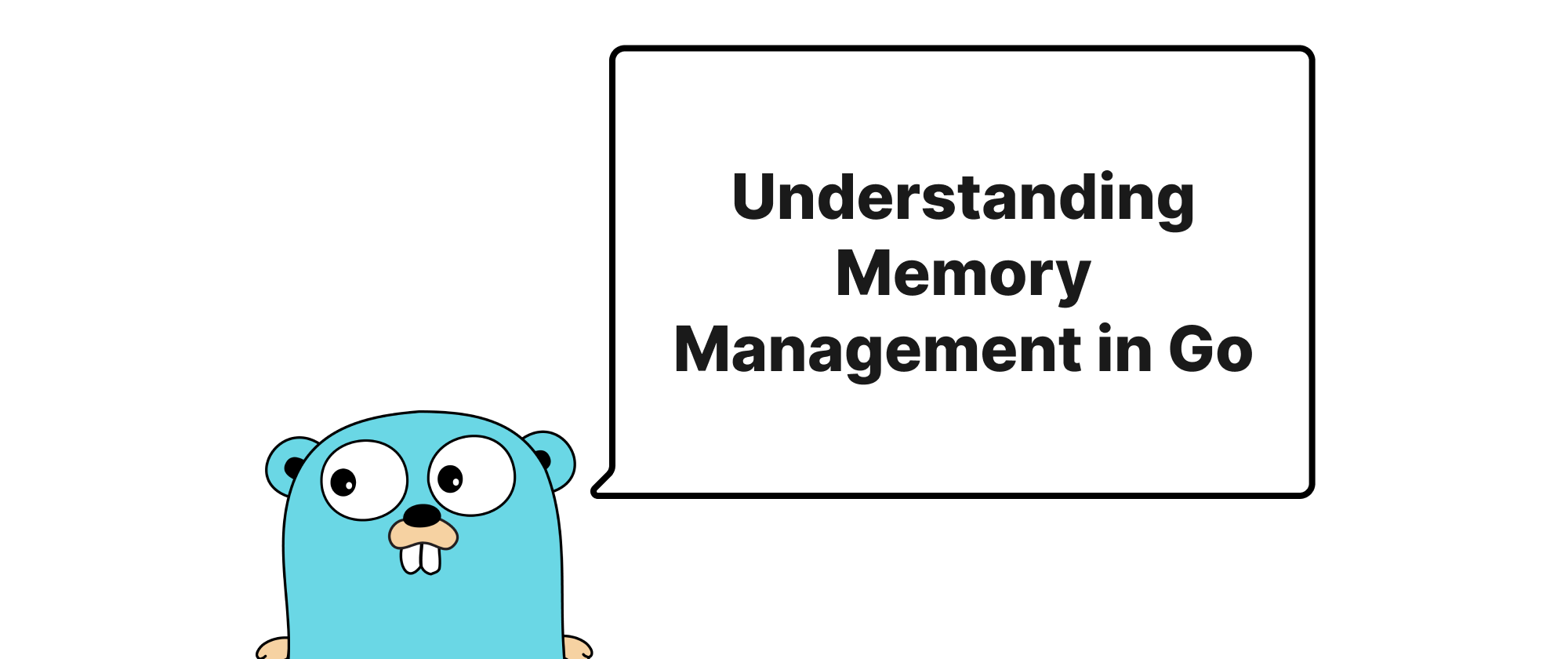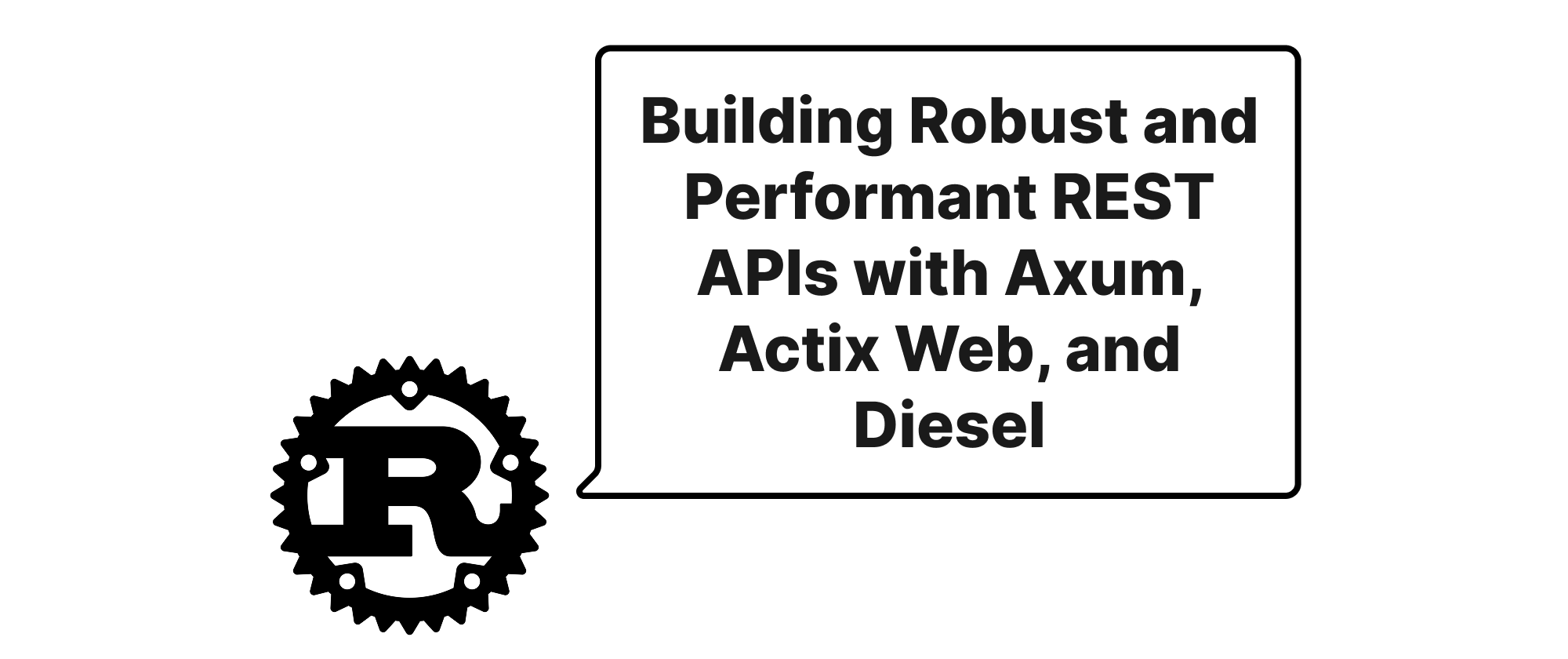Rust's Ownership, Borrowing, and Lifetimes A Farewell to Null and Data Races
Grace Collins
Solutions Engineer · Leapcell

Introduction
In the vast landscape of programming languages, two specters relentlessly haunt developers: the dreaded null pointer dereference and the elusive data race. These seemingly abstract concepts translate into very real, very painful crashes, security vulnerabilities, and debugging nightmares that can plague even the most seasoned teams. Traditional approaches often rely on runtime checks, garbage collection, or complex locking mechanisms, which can introduce overhead, nondeterminism, or simply shift the burden of correctness onto the programmer. What if there was a different way? What if a language could, at compile time, rigorously ensure memory safety and data integrity without compromising performance? This is precisely where Rust steps in, offering a revolutionary paradigm centered around its core concepts: Ownership, Borrowing, and Lifetimes. These aren't just academic curiosities; they are the fundamental pillars upon which Rust builds its promise of fearless concurrency and unparalleled reliability, allowing developers to finally bid farewell to those two notorious troublemakers.
The Core Principles of Rust's Safety
To understand how Rust achieves its remarkable safety guarantees, we must first delve into the mechanics of Ownership, Borrowing, and Lifetimes. These three concepts are interwoven, forming a powerful system that’s enforced by the compiler.
Ownership
At its heart, Ownership is a set of rules that govern how Rust manages memory. Unlike languages with garbage collectors, Rust doesn't rely on runtime collection. Instead, it determines memory deallocation at compile time.
Key Rules of Ownership:
- Each value in Rust has a variable that's called its owner.
- There can only be one owner at a time.
- When the owner goes out of scope, the value will be dropped.
Let’s illustrate with a simple example:
fn main() { let s1 = String::from("hello"); // s1 owns the String data let s2 = s1; // s1 is moved to s2. s1 is no longer valid. // println!("{}", s1); // This would cause a compile-time error: // "value borrowed here after move" println!("{}", s2); // s2 now owns the data } // s2 goes out of scope, and the String data is dropped
In this code, when s1 is assigned to s2, the ownership of the String value is moved from s1 to s2. This isn't a shallow copy; the data itself is transferred. After the move, s1 is considered invalid. This compile-time check prevents "double free" errors, where multiple pointers might try to free the same memory, leading to crashes. It also ensures that there's always a single, authoritative owner responsible for cleaning up memory.
Borrowing
While the ownership system prevents many memory errors, directly working with only one owner can be restrictive. What if you want to allow other parts of your code to access data without taking ownership? This is where Borrowing comes into play. Borrowing allows you to create references to values without transferring ownership.
Types of Borrows:
- Immutable Borrows (
&T): You can have multiple immutable references to a value simultaneously. These references allow you to read the data but not modify it. - Mutable Borrows (
&mut T): You can only have one mutable reference to a value at a time. This reference allows you to read and modify the data.
The "One Writer, Many Readers" Rule:
This rule is crucial for preventing data races and forms the backbone of Rust’s concurrency model. At any given time, a value can have:
- Many immutable references (
&T), OR - Exactly one mutable reference (
&mut T).
You cannot simultaneously have a mutable reference and any other references (mutable or immutable) to the same data.
Consider this example:
fn calculate_length(s: &String) -> usize { // s borrows the String immutably s.len() } // s goes out of scope, but the String object is NOT dropped fn main() { let mut s = String::from("hello"); let len = calculate_length(&s); // We pass a reference, not ownership println!("The length of '{}' is {}.", s, len); // Now, let's look at mutable borrowing let r1 = &mut s; // r1 is a mutable borrow of s // let r2 = &mut s; // This would be a compile-time error: // "cannot borrow `s` as mutable more than once at a time" // let r3 = &s; // This would also be a compile-time error: // "cannot borrow `s` as immutable because it is also borrowed as mutable" r1.push_str(", world!"); // We can modify s through r1 println!("{}", r1); // println!("{}", s); // s is still borrowed by r1 here, so typically you'd use r1 // After r1 goes out of scope, s becomes usable directly again. }
This careful enforcement of borrowing rules, checked at compile time, eliminates a significant class of bugs: data races. A data race occurs when two or more pointers access the same memory location at the same time, at least one of the accesses is a write, and there is no mechanism to synchronize access. Rust's borrowing rules prevent this scenario by ensuring that if data is being modified (via a &mut reference), no other references can exist at that time.
Lifetimes
Lifetimes are a concept that the Rust compiler uses to ensure that all references are valid for as long as they are used. In simpler terms, lifetimes ensure that a reference never outlives the data it points to. If a reference lives longer than the data it refers to, it becomes a "dangling reference," which is another common source of crashes in languages like C/C++. Rust prevents this.
Lifetimes are usually implicit and inferred by the compiler. However, sometimes, especially with functions that take and return references, you might need to annotate them explicitly using apostrophe syntax (e.g., 'a, 'b). These annotations don't change how long a reference lives; they merely describe the relationships between the lifetimes of multiple references.
Consider this scenario:
// This function takes two string slices and returns a reference // to the longer one. fn longest<'a>(x: &'a str, y: &'a str) -> &'a str { if x.len() > y.len() { x } else { y } } fn main() { let string1 = String::from("abcd"); let string2 = String::from("xyz"); let result = longest(string1.as_str(), string2.as_str()); println!("The longest string is {}", result); // Example of how lifetimes prevent dangling references: // { // let string3 = String::from("long string is long"); // let result_dangling; // { // let string4 = String::from("xyz"); // // result_dangling = longest(string3.as_str(), string4.as_str()); // // This would be a compile-time error. string4 has a shorter lifetime // // than string3, and the 'a lifetime annotation tells the compiler // // that the returned reference must live as long as the shortest of the inputs. // } // string4 goes out of scope here // // println!("The longest string is {}", result_dangling); // dangling reference // } }
The 'a lifetime annotation in fn longest<'a>(x: &'a str, y: &'a str) -> &'a str tells the compiler: "the lifetime of the returned reference must be the same as the shorter of the lifetimes of x and y." This ensures that the returned reference will always point to valid data. If you tried to return a reference to data that goes out of scope before the returned reference, the compiler would catch it.
Application Scenarios and Impact
The combined power of Ownership, Borrowing, and Lifetimes fundamentally reshapes how developers approach memory management and concurrency.
-
Eliminating Null Pointers: Rust does not have
nullin the traditional sense. Instead, it uses theOption<T>enum (Some(T)orNone) to represent the presence or absence of a value. This forces the programmer to explicitly handle theNonecase, preventing the catastrophic runtime errors associated with null pointer dereferences.fn find_item(items: &[&str], target: &str) -> Option<&str> { for &item in items { if item == target { return Some(item); } } None } fn main() { let inventory = ["apple", "banana", "orange"]; let result = find_item(&inventory, "banana"); match result { Some(item) => println!("Found: {}", item), None => println!("Item not found."), } let result_none = find_item(&inventory, "grape"); if let Some(item) = result_none { println!("Found: {}", item); } else { println!("Still not found."); } }This explicit handling via
Optionremoves the guesswork and runtime failures. -
Preventing Data Races: As discussed, the "one writer, many readers" rule enforced by the borrowing checker at compile time is Rust's primary mechanism for preventing data races. This means that concurrent code in Rust is inherently safer. You don't need to manually sprinkle locks everywhere and meticulously worry about deadlocks or forgotten unlocks. If your code compiles, it's guaranteed to be free of data races. This guarantee extends to advanced concurrency primitives like
Arc(Atomically Reference Counted) andMutex(Mutual Exclusion). WhileMutexis used for shared mutable state,Arcprovides multi-threaded ownership. Combined with the borrowing rules, they allow for safe shared access without data races.use std::sync::{Arc, Mutex}; use std::thread; fn main() { // Arc allows multiple ownership across threads // Mutex provides mutual exclusion for mutable state let counter = Arc::new(Mutex::new(0)); let mut handles = vec![]; for _ in 0..10 { let counter_clone = Arc::clone(&counter); // Clone the Arc for each thread let handle = thread::spawn(move || { let mut num = counter_clone.lock().unwrap(); // Acquire the lock *num += 1; // Mutate the protected data // Lock is automatically released when `num` goes out of scope }); handles.push(handle); } for handle in handles { handle.join().unwrap(); } println!("Result: {}", *counter.lock().unwrap()); // Final result }Here, the
Mutexensures that only one thread can modify the&mut i32inside at any given time, andArcallows theMutexto be safely shared among threads. The compiler ensures that the borrowing rules are respected even across thread boundaries. -
Memory Safety Without Garbage Collection: Rust achieves memory safety without a garbage collector (GC), which means predictable performance and no GC pauses. This is critical for systems programming, embedded systems, high-performance computing, and game development where predictable latency is paramount.
Conclusion
Rust's Ownership, Borrowing, and Lifetimes are not merely academic concepts but a meticulously designed system that fundamentally alters the programming paradigm. By enforcing strict rules at compile time, Rust eradicates entire classes of pernicious bugs like null pointer dereferences and data races, which have plagued software development for decades. This allows developers to write performant, reliable, and fearlessly concurrent code, making Rust a powerful choice for building the next generation of robust software. In essence, Rust liberates developers from the perennial fear of memory safety issues, fostering a new era of confidence in software creation.


